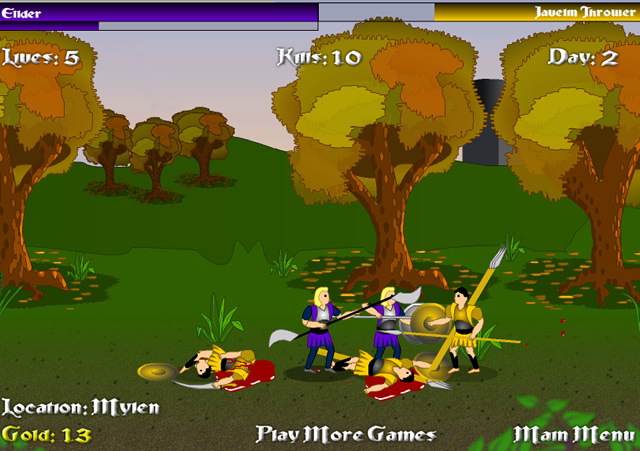

1) and ends her book with an equally contentious warning to policy makers that "warlords in the modern world are not future state-builders" (p. 200).ĢThe bulk of the book comprises four contemporary case studies encompassing Pakistan, Georgia, Chechnya and Iraq, "drawn from two former empires, the British and the Soviet, which both practiced forms of indirect rule that may have laid the groundwork for warlords to emerge later on" (p. 16), employing the two languages that she knows – English and Russian – to access source material.

Herrman who states baldly that "warlordism is the default condition of humanity" (p. The apprehension that Marten generates her fair share of controversy seems justified from beginning to end, for she prefaces the first chapter with an unsourced (insofar as the book lacks a Bibliography) epigraph from historian David G. 1-19) and what she terms "universal sovereignty" (pp. 20-30) and concludes with a chapter (pp. 187-200) sub-titled "Lessons and Hypotheses". In an attempt to achieve these goals, her book commences with two short chapters exploring respectively the concepts of "warlordism" (pp. In her Conclusion (p. 187), she reiterates the goals of her undertaking: "to lay the foundation for a framework that can guide future scholarship on warlords and states and to provide a reference for policy makers who choose (or are forced) to work with warlords in practice in the future". As with the action of front-line troops, the perception persists that "one woman’s courage is another’s foolhardiness", for Professor Marten is audaciously ambitious in the sweep of her study. While clearly more of a help than a hindrance to her understanding of her subject, this experience is reflected in the use of some terminology, notably "flipped" in the context of Iraqi warlords (p. 158 and passim), that some might perceive as more soldierly than academic. Unusually, as well as conducting fieldwork in the regions covered, the author in 2004 managed to get herself embedded as a journalist with Canadian forces in Afghanistan. Overall, this attractively packaged book does not disappoint and represents a worthy addition to any reading list on the topic of warlords. 102-138), featuring the controversial young leader about whom I am currently writing a book of my own. My own interest was whetted further on learning that there was to be a chapter entitled "Chechnya: the Sovereignty of Ramzan Kadyrov" (pp.

Her first monograph on this subject was welcomed in academic circles, therefore, with a degree of anticipation. 1To her credit, in recent years Kimberley Marten has almost single-handedly kept the topic of warlords in the centre of attention for political scientists.


 0 kommentar(er)
0 kommentar(er)
